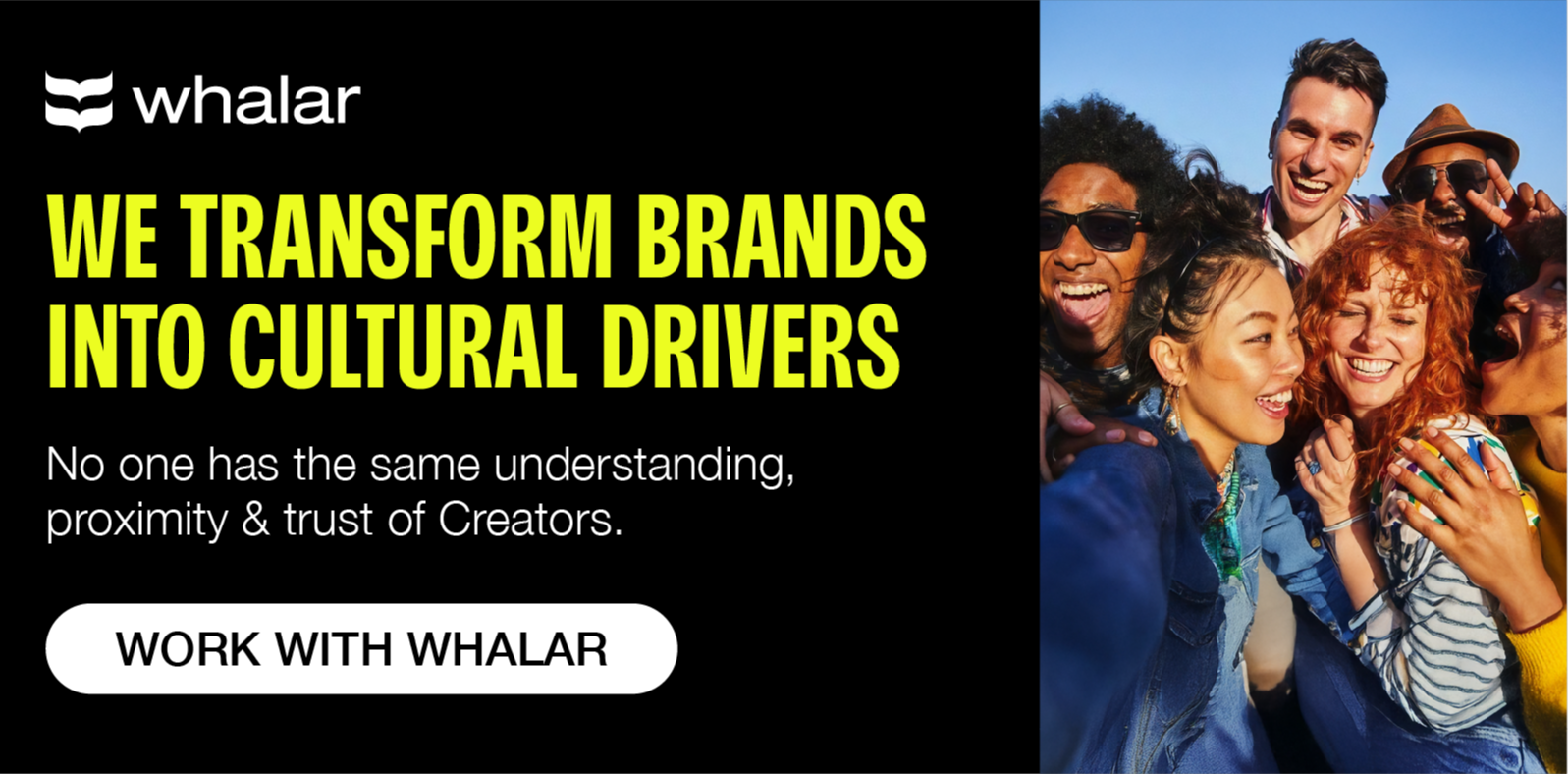- AI Perception Mapping: Chorus reveals how major LLMs associate and recommend brands, translating abstract AI outputs into actionable insights for marketers.
- Creator Content Alignment: By measuring which creator-produced content aligns with desired AI perceptions, Chorus guides targeted partnerships to influence those recommendations.
- Integrated Campaign Strategy: Embedding AI perception data into creator-marketing planning ensures brand narratives resonate with both human audiences and AI-driven discovery tools.
Insights into LLM preferences inform which influencers and content will sway AI-powered customer choices.
When consumers begin their purchase journey with a large language model instead of a traditional search engine, brands must adapt. Chorus, a collaboration between Jellyfish’s Share of Model™ platform and creator marketing specialist Collectively, steps into this new reality by surfacing how AI systems perceive and recommend brands—and by guiding marketers to shape those opinions through creator partnerships and content.
LLMs like Google’s Gemini and Meta’s Llama don’t just index keywords; they form complex, latent associations that influence what products they suggest.
Chorus acts like a mirror, reflecting a brand’s AI-generated reputation back to marketers. By running prompts and multimodal inputs—text, images, and customer personas—Chorus maps each major LLM’s latent-space associations, showing which attributes are strongest and where gaps exist.
This clarity turns abstract AI perceptions into tangible data, revealing whether your brand is seen as innovative, trustworthy, or niche compared to competitors.
From Insight to Influence: Creator Content as AI Currency
Once a brand understands its AI reputation, the question becomes how to shift it. Chorus answers by evaluating real-world creator content, videos, posts, and campaigns against the brand attributes LLMs cite when recommending products.
It ranks which pieces of creator work align most closely with desired AI perceptions and highlights themes or messaging that resonate. Marketers can then commission or optimize creator partnerships to reinforce strengths, whether that’s a reputation for reliability or cutting-edge style, and shore up weaknesses. In effect, creator content becomes a direct lever to shape how AI models will suggest your brand to the next generation of searchers.
Check out the The Rise of Virtual Creators: How AI and Avatars Are Shaping the Future of Content Creation
Integrating AI Insights into Campaign Planning
Chorus doesn’t replace existing creator-marketing workflows; it enriches them. By embedding AI perception data into campaign briefings and performance reviews, teams can pivot faster. A brand launching a new product line can preview how Gemini might describe it, then work with creators whose content tone, format, and storytelling approach move the needle in the right direction.
Over time, these targeted collaborations build an AI-consistent narrative across channels—from social Reels to in-app tutorials—ensuring that the brand voice stays coherent for both human audiences and algorithmic recommenders.
Real-World Impact: Early Adopters Lead the Way
Haleon’s adoption of Chorus for its wellness brands exemplifies the tool’s promise. Marketing leaders at Advil, Emergen-C, and TUMS gained an unprecedented window into how AI summaries position their products, then retooled creator briefs to emphasize the attributes LLMs valued most.
As a result, their campaigns not only engaged consumers but also surfaced more prominently in AI-driven recommendations. These successes underline a broader shift: creator marketing is no longer just about social reach and engagement metrics—it’s a strategic asset for influencing the emerging AI-first discovery process.
Charting the Path Ahead for Creator-Led AI Strategy
As the volume of AI-driven recommendations grows, brands that neglect the AI perception layer risk falling behind. Chorus offers a roadmap for integrating creator marketing into this evolving landscape, aligning content investments with the algorithmic criteria that guide modern consumers.
By treating LLMs as critical gatekeepers—understanding their biases, adjusting messages, and leveraging creator authenticity—marketers can secure a place in both the human and machine-powered customer journey.


